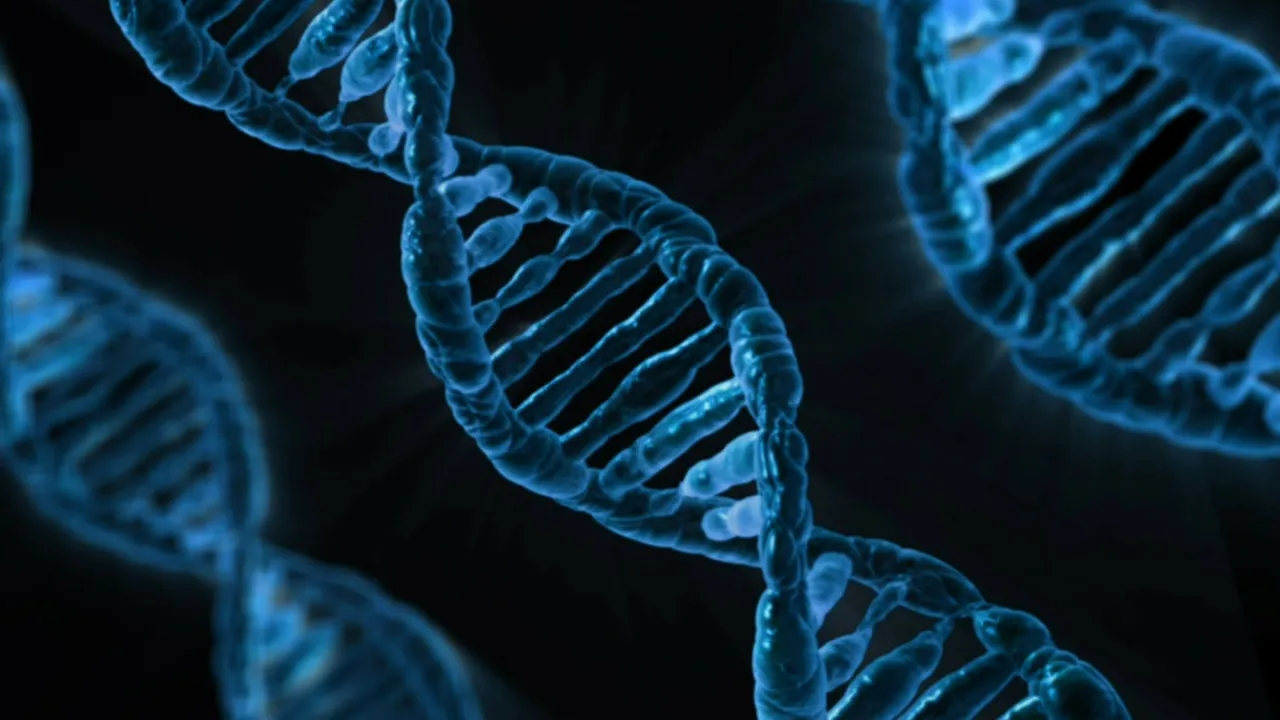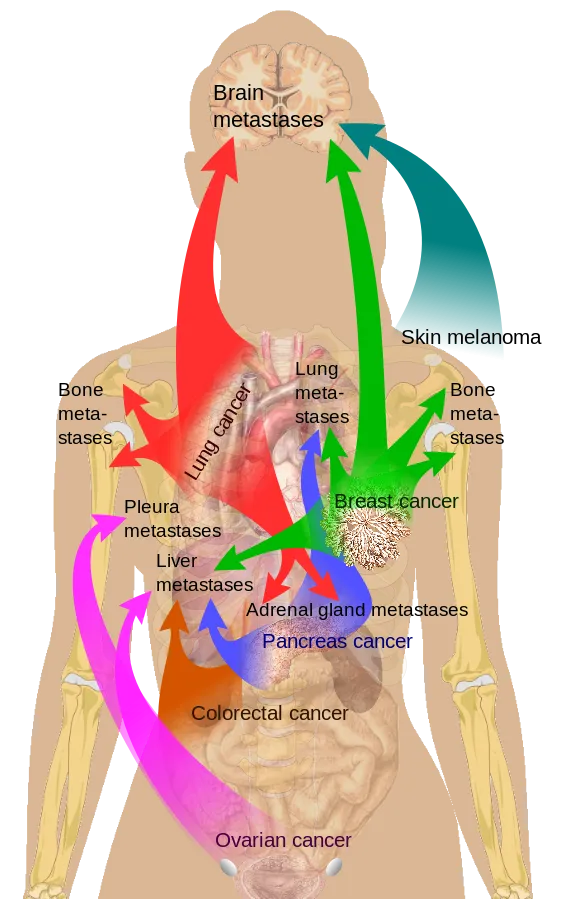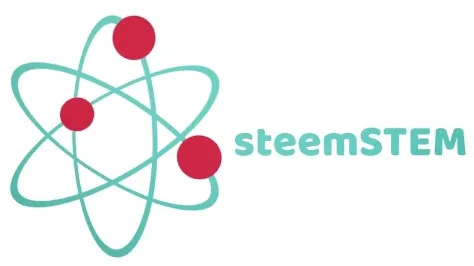Introduction
 Author - [License: Wikimedia commons]:
wikimedia
Author - [License: Wikimedia commons]:
wikimedia The introduction of precision medicine to the entire world was hugely unprecedented and has greatly affected the medical sphere in ways most individuals could have never imagined posisible. A momentous time in history is upon us, and we must maximize this opportunity to pass on a more effective treatment approach to the next generation. Never in the history of the world has it been heard of, that an individuals DNA will be collected and studied for the ultimate delivery of a personalized medicine. Doctors can now use an individuals genetic information to design specific treatments, suitable for the patient.
This becomes even more interesting because there are other individuals that have thesame disease and gene as you. So while its personal for a particular patient, it can also be used to treat other patients who share thesame disease and gene
Over the years, medicine has been a field of concern to not just sick individuals or doctors, but everyone living on planet earth. Much efforts are being put in everyday by researchers and biotech companies, on discovering better and more effective therapeutic approaches towards diseases. Just in a couple of years, medicine has evolved from the state of trial and error, down to clear cut precision.
In this post, i'l be demystifying a 21st century approach towards disease treatment, called precision medicine and how it advances our world.
Precision medicine, bridging the gap between certainty and uncertainty in medicine
William Oslar (1849-1911), who happens to be one of the founding fathers of modern medicine, made a thought provoking statement, back in the 20th century, he said..
Medicine is a science of uncertainty and an art of probability
This saying is as relevant today, as it was, when it was made decades ago. If you ask anyone that has passed through a critical illness in the course of his or her lifetime, they will always affirm the very fact that passing through a critical illness with very little certainty of what happens next alone, is quite disturbing. Looking at the very fact that the state of equilibrium between a person's life and and death is hugely dependent on one word UNCERTAINTY. Extinguishing this uncertainty, has been a major problem in the world of medicine until the arrival of precision medicine, because a patient can now be sure, a treatment strategy can bebe tailored according to his or her gene and characteristics.
Instead of treating the disease, why not treat the patient who has the disease
Again, Sir William Osler, who masterminded the idea of taking medical students out of the classroom for real life clinical training said..
The good physician treats the disease, the great physician treats the patient with the disease.
William Oslar (1849 - 1919)
I so much agree with the late William Oslar. There are lots of good clinicians scattered all over the world, but its the era of certainty/precision. Precision medicine is carving a new path in the field of medicine, a good example of this, is the fact that there won't be much need using chemotherapy drugs to kill all rapidly growing cells, and having all the side effects that comes along with it, when we can simply use targeted therapies to ultimately destroy just the rapidly growing cancerous cells.
Lets take a look at precision medicine in the are of genomics
 [License: pixabay]:
pixabay
[License: pixabay]:
pixabay Genomics is a subdivision of molecular biology, which deals with the complete study of the structure and function of an organism. One very effective way of representing precision medicine, is the use of genomics which involves an individuals genome, to identify his specific disease and tailor specific treatment patterns and drugs that'l best suit the individual.
Through genomics, different subtypes of breast cancer have been discovered, making treatment easier with less side effects. This single forward thinking procedure has led to the development of advanced drugs that targets specific mutations in the DNA.
This is not peculiar to breast cancer alone, other cancers like leukemia, lung cancer etc, also uses genomics to narrow down the treatment options, to what is best suitable for the patient. What used to be seen as impossible by clinicians, now holds a lot of possibility. In a recent post of mine, i discussed extensively, how the first case of late-stage recurring breast cancer was completely extracted using T-Cell immunotherapy.
A very important fact to never forget, is the very fact that cancer is a DNA disease. Unlike the case of chemotherapy, where a drug can kill all rapidly growing cells, doctors are having a much clearer understanding of gene mutations, and a large number of drugs have been developed already for specific target of these molecular issues.
Precision medicine and cancer
 Metastasis sites for common cancers, Author - Mikael Häggström [License: Wikimedia commons]:
wikimedia
Metastasis sites for common cancers, Author - Mikael Häggström [License: Wikimedia commons]:
wikimedia The notion of one size fits all medicine is gradually becoming archaic. For quite a long time, breast cancer has been considered a typical homogeneous disease, and lots of individuals where being exposed to highly toxic drugs, and were still uncertain about their situations in most cases.
Considering the very fact that present in our world today, are over 200 different kinds of cancers, and that humans and cancers are particularly unique in their different ways, and all respond to treatment differently. A patient's tumor can now be tested to determine the best treatment possibly available for his particular kind of tumor.
Taking lung cancer as a typical case. Before the introduction of precision medicine, there is a procedure of treatment for a person with cancer, which includes biopsy, CT scans and others. This will eventually lead them to a generalised treatment pattern like Chemotherapy. on the other hand, a CT scan and biopsy is still needed in precision medicine. However, the process is taken a step forward down to conducting a genomic analysis where a patients DNA is pulled out from their tumor and studied to discover the specific genes that caused the abnormal growth in that tumor.
There has been major breakthroughs, like the case of Judy Perkins, who was suffering from late-stage recurring breast cancer that was almost treatment resistant. Judy Perkins moves freely today, telling everyone that cares to know, how the T-cell immunotherapy approach was used to extract her cancer when all hope seemed lost.
Some challenges faced by precision medicine
Despite the waves precision medicine has been making in our society, we must also understand that precision medicine is in its early stages and works with lots of advanced technology, which are still under development. Researchers and biotech companies are looking for standardised methods of collecting medical databases from medical centers around the globe, this poses another major problem in the sphere of precision medicine, because it requires financing and lots of approval from the individuals whose databases are to be collected.
After collection of these databases, comes another major challenge, which is storage. Furthermore, collection of all these databases will also have to go through necessary legal and ethical procedures, as regars privacy in health status of these people
The cost of carrying out all these activities poses another major setback, which is why we all need to join hands together, to fight this our common enemy called "disease".
Conclusion
When we speak of advancements in technology, we think of nanotechnology. When we think of what's new in the education sector, whe think of the use of social media as a tool for proper learning. Talk of the field of medicine? precision medicine is in the lips of every advanced research and biotech company. Its huge, its extraordinary, its formidable. Never has it been mentioned before that such clear cut precision has been used in the treatment of any kind of disease. It is therefore necessary for us to make every possible improvement on all the data we have on precision medicine, so as to pass on an even more advanced disease therapeutic approach to the next generation.
This is the future of healthcare
Thank you,
written by: @akiripromise
Reference
[2] Precision medicine, wikipedia
[3] Precision medicine in cancer treatment
